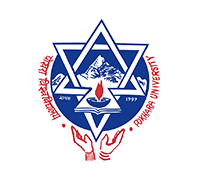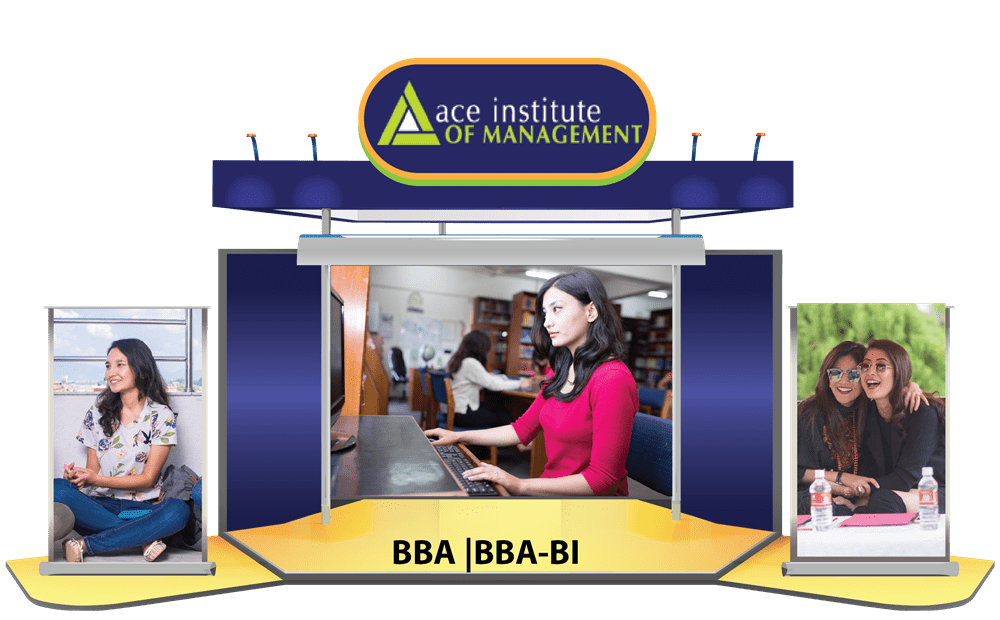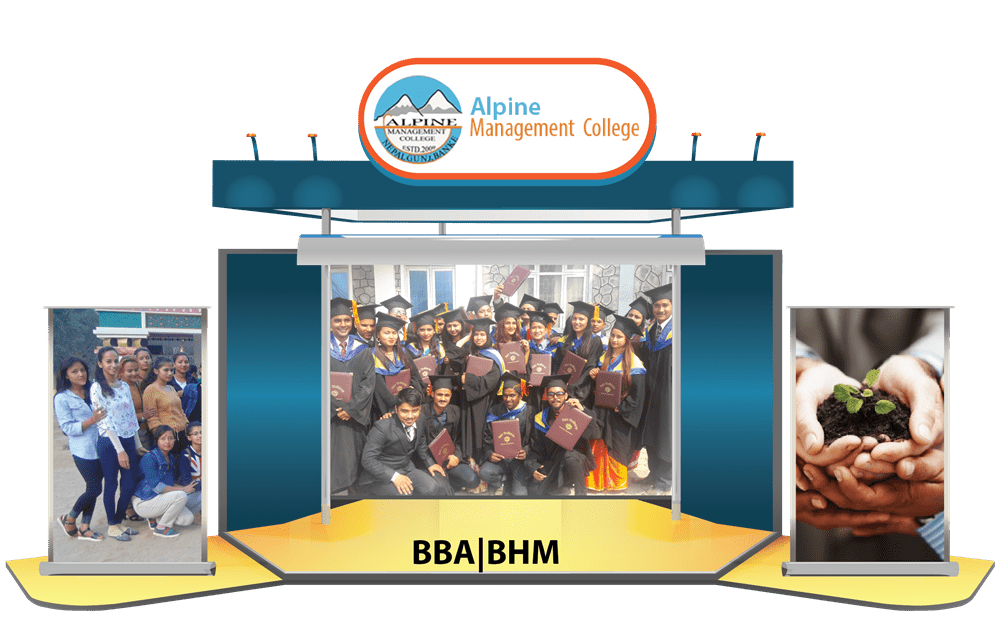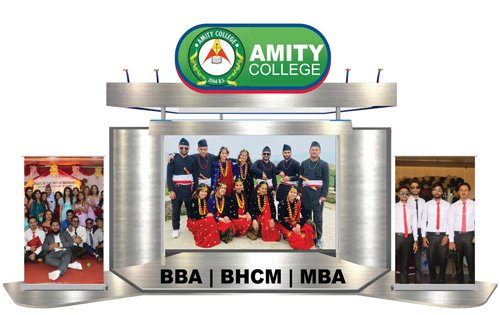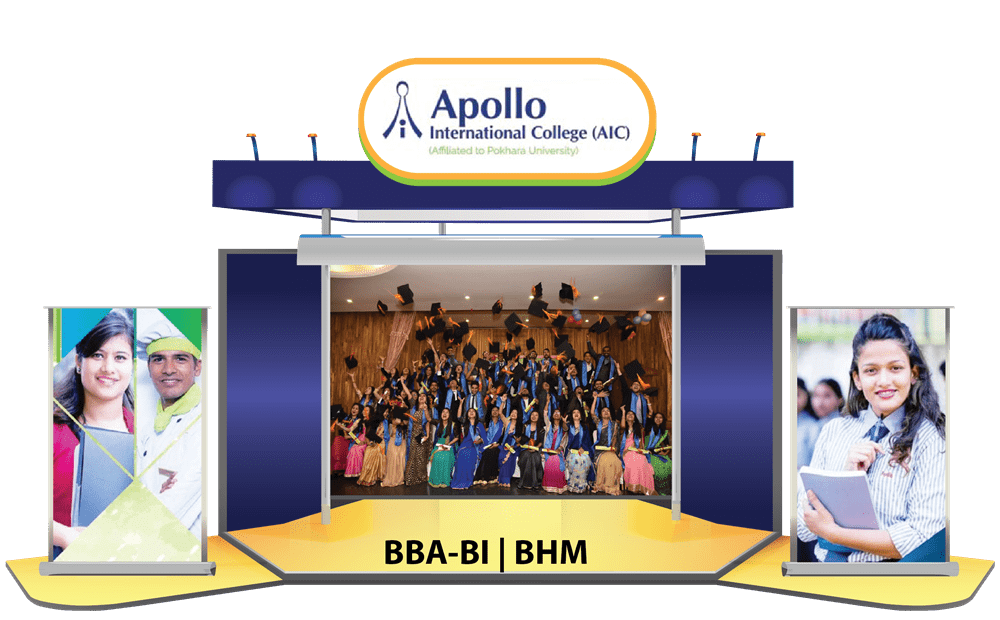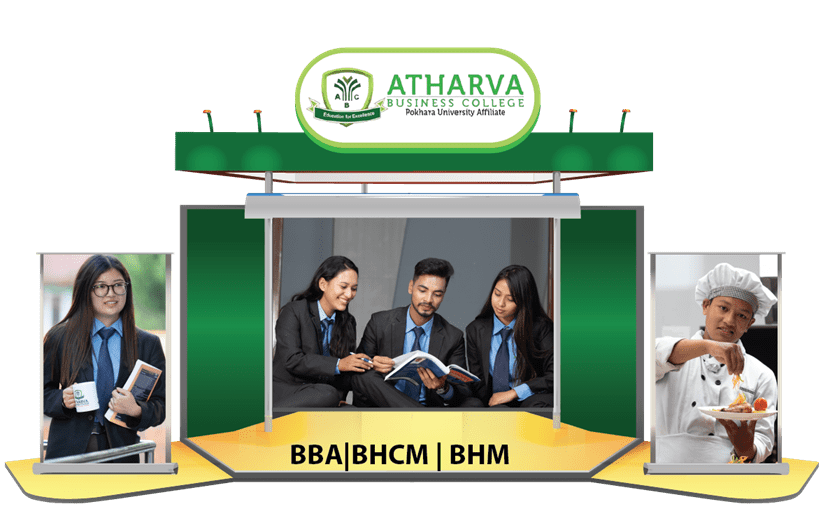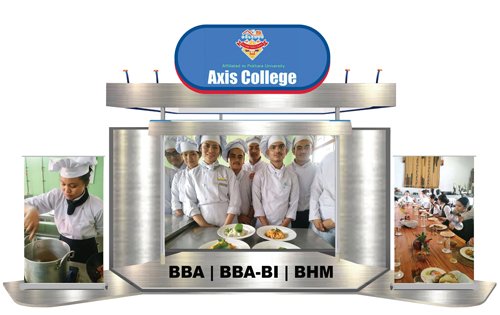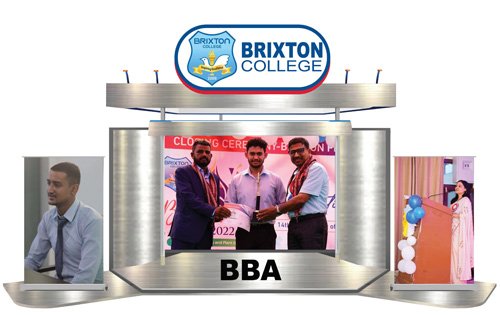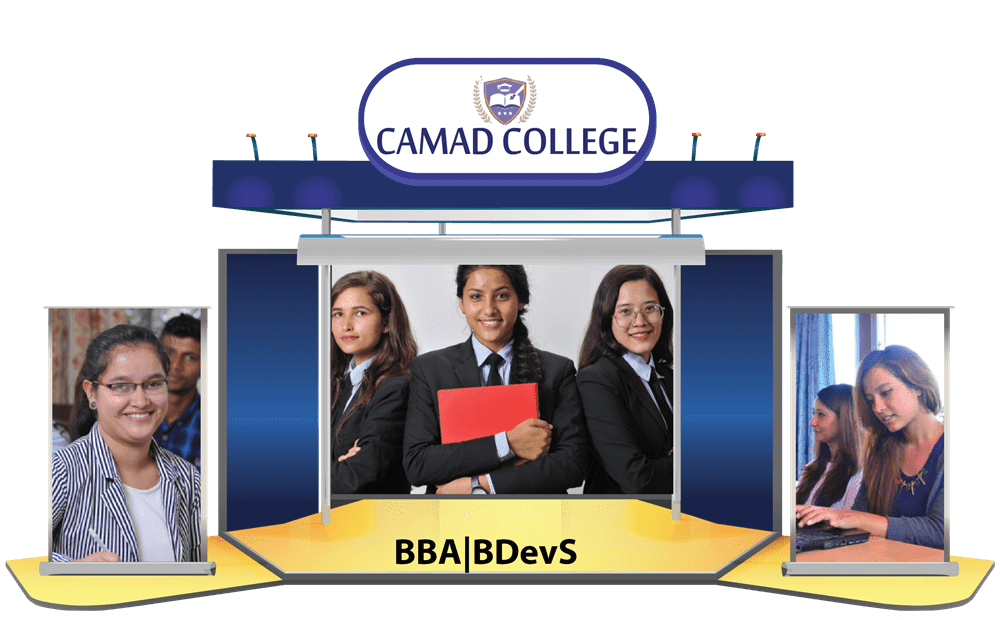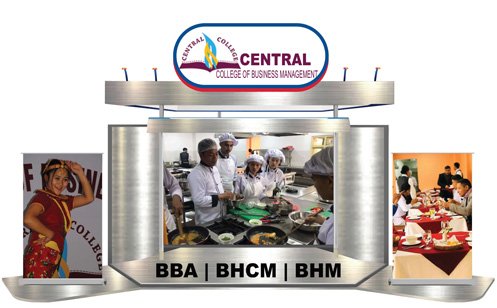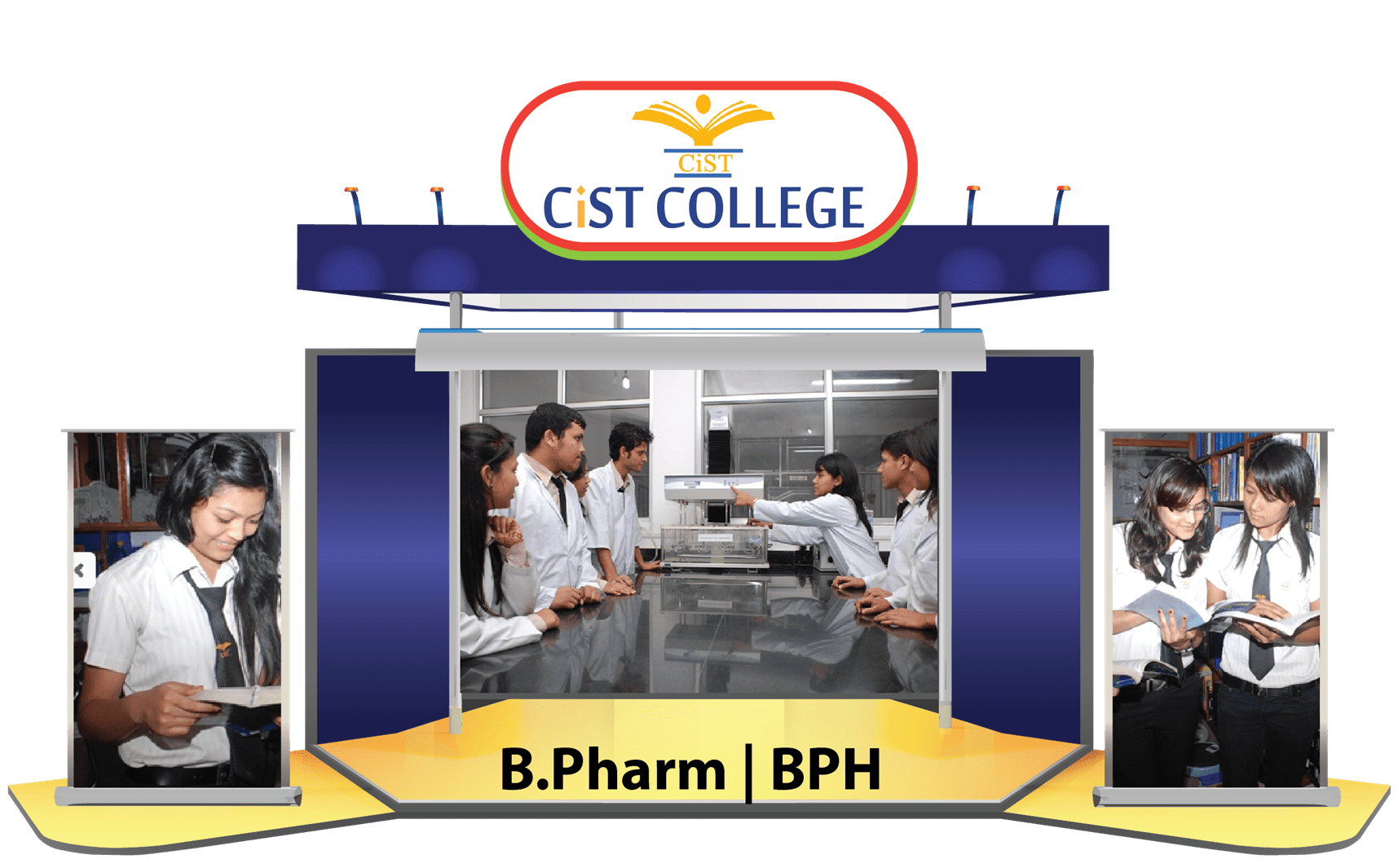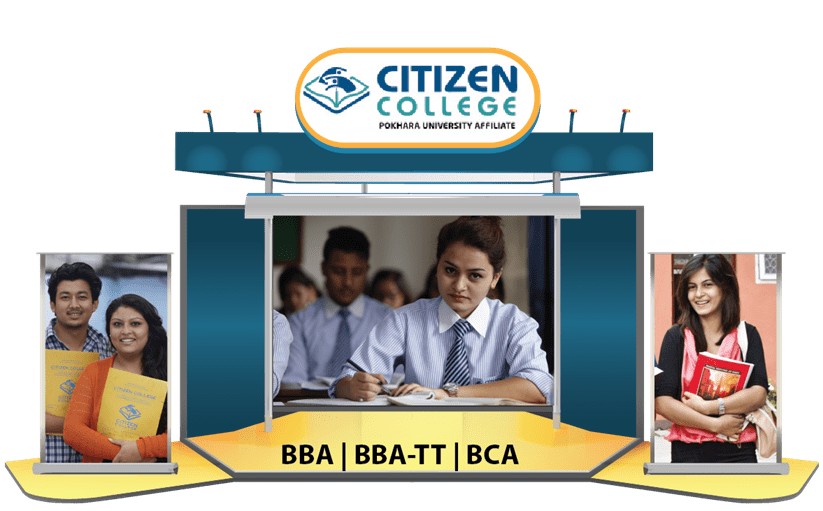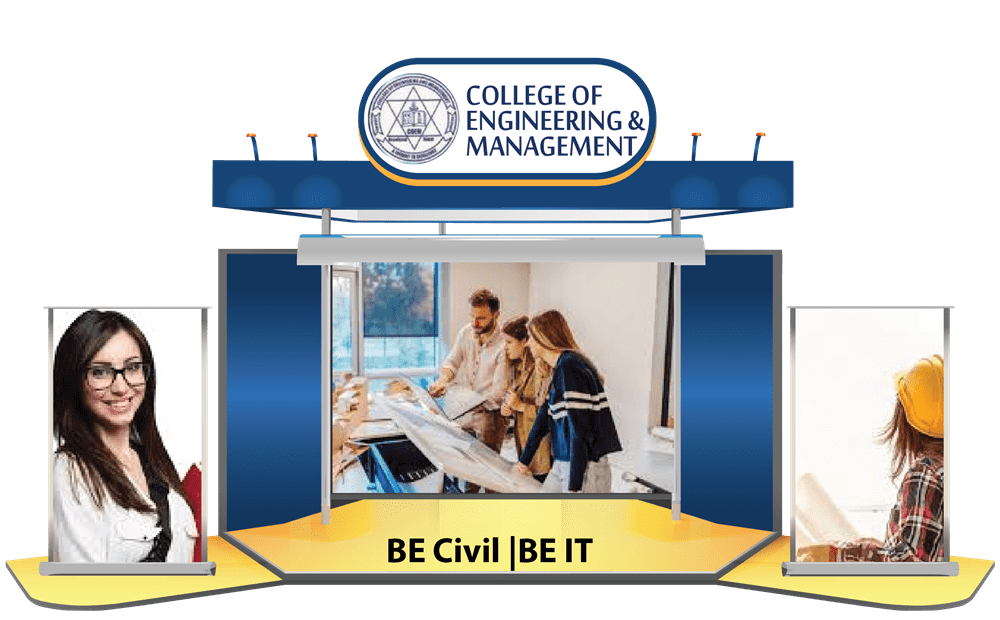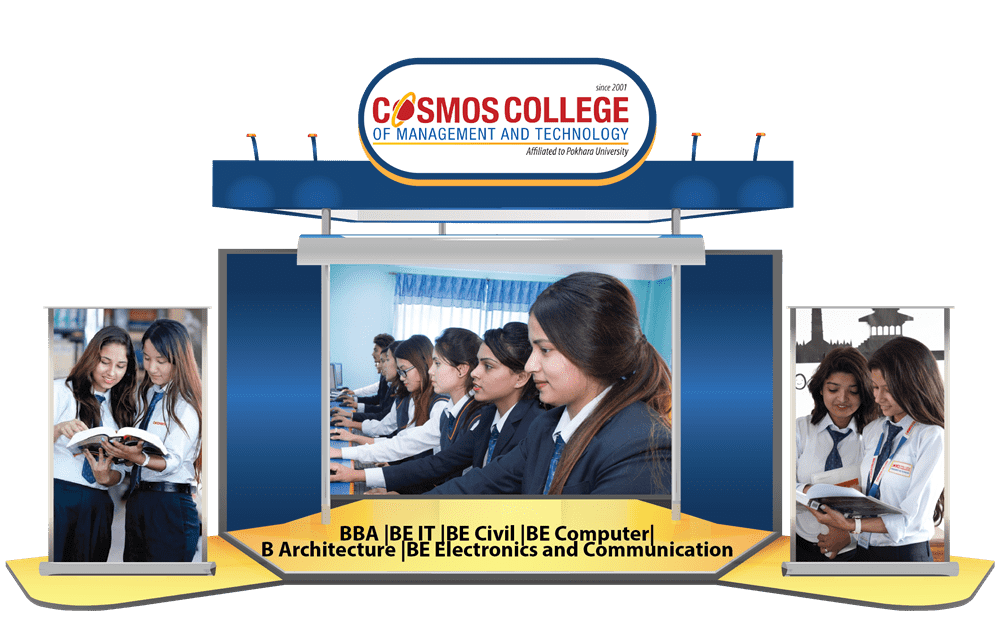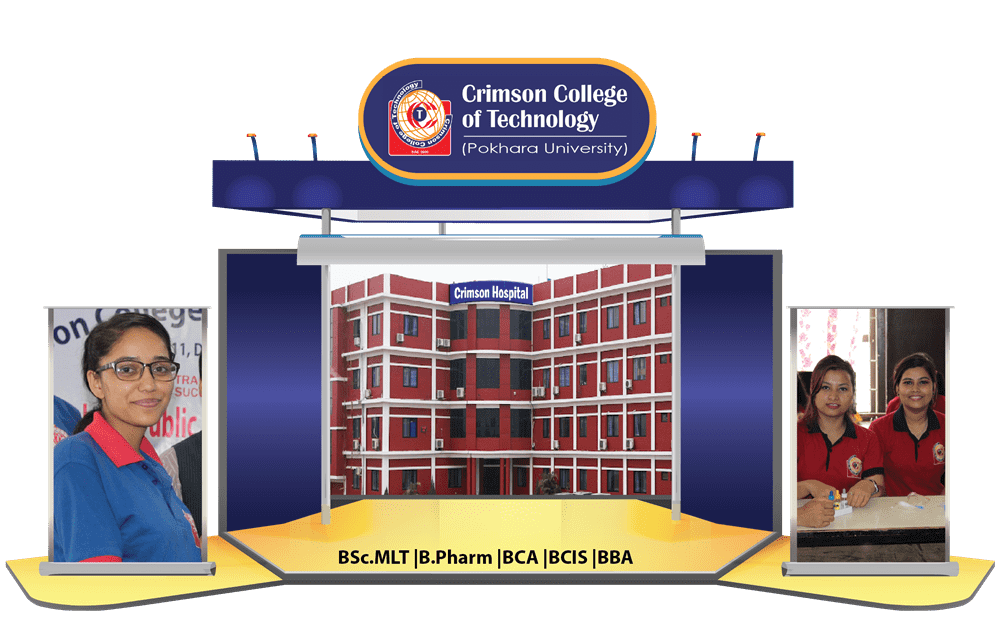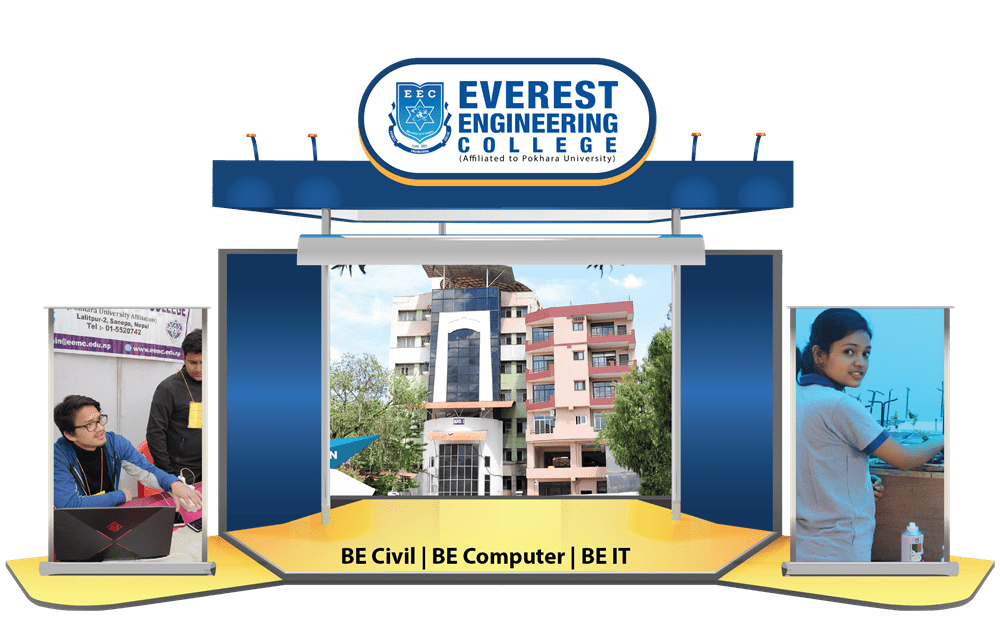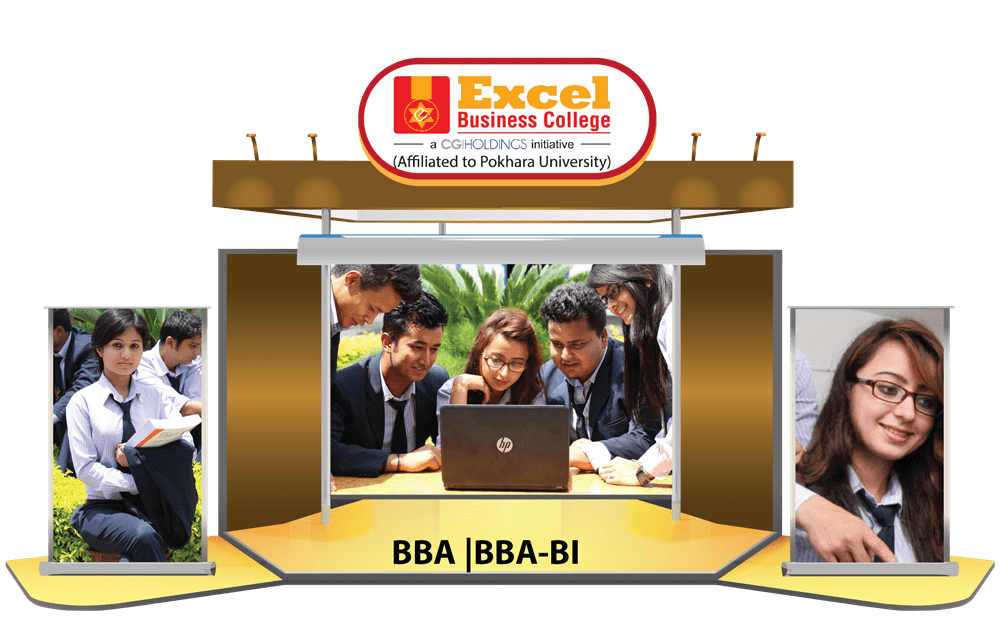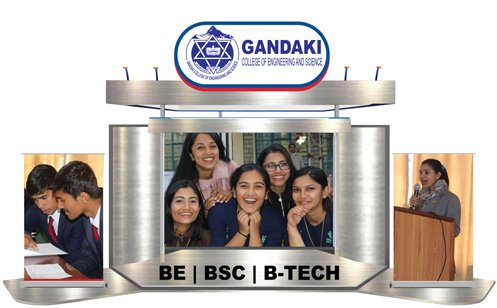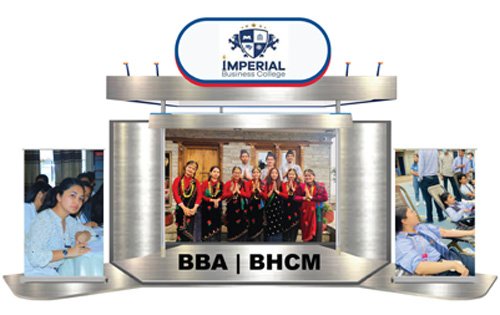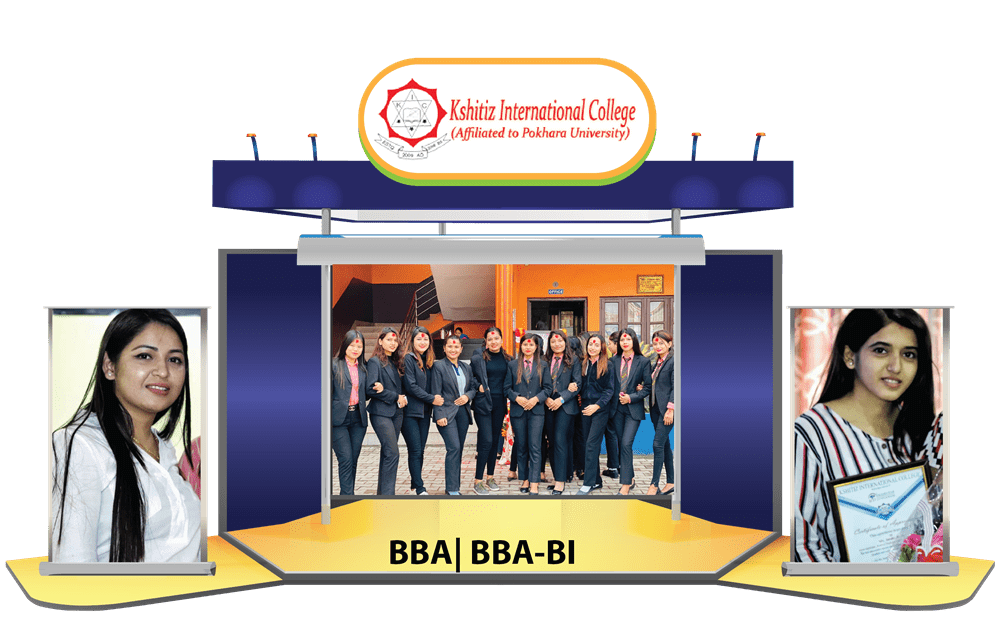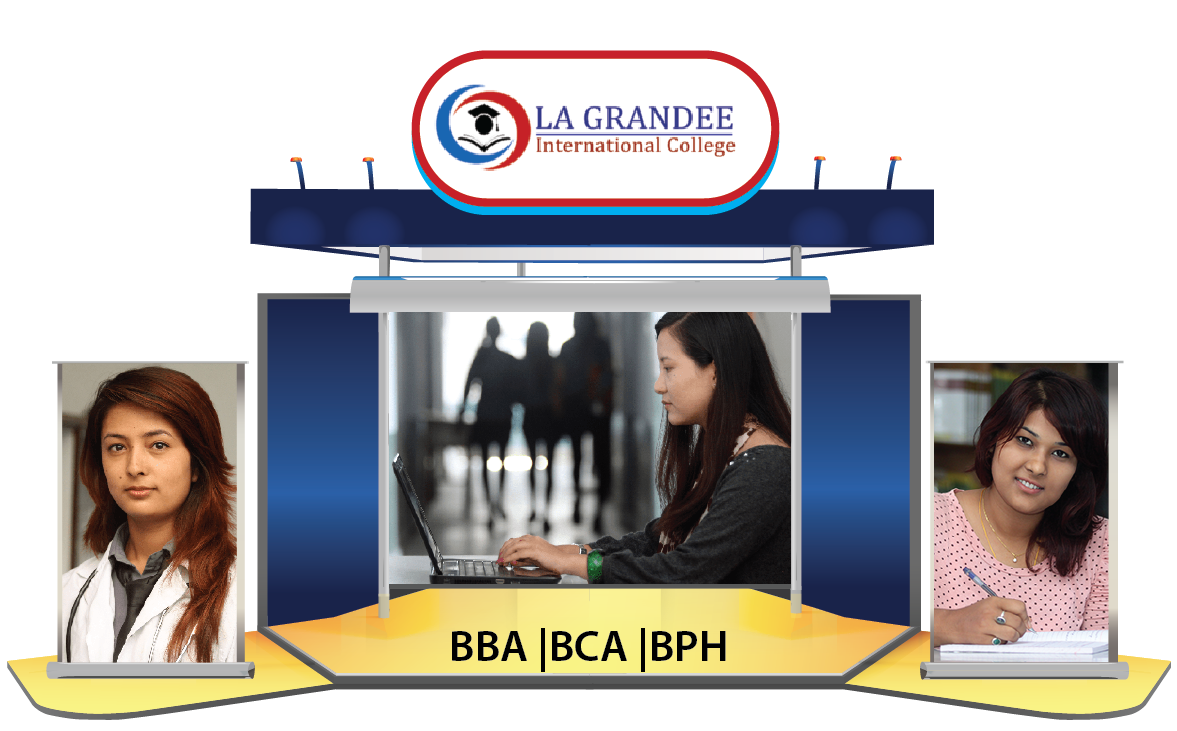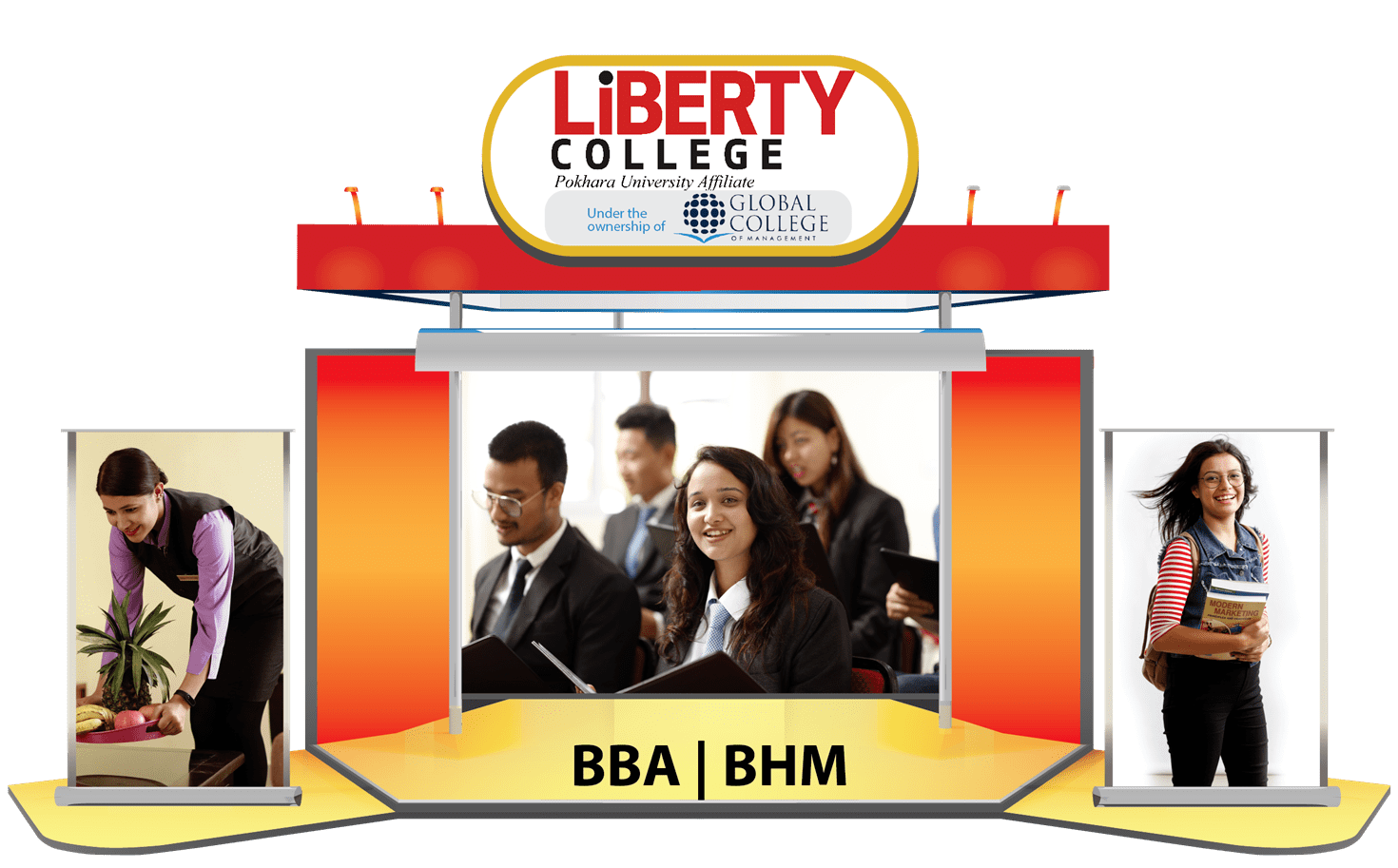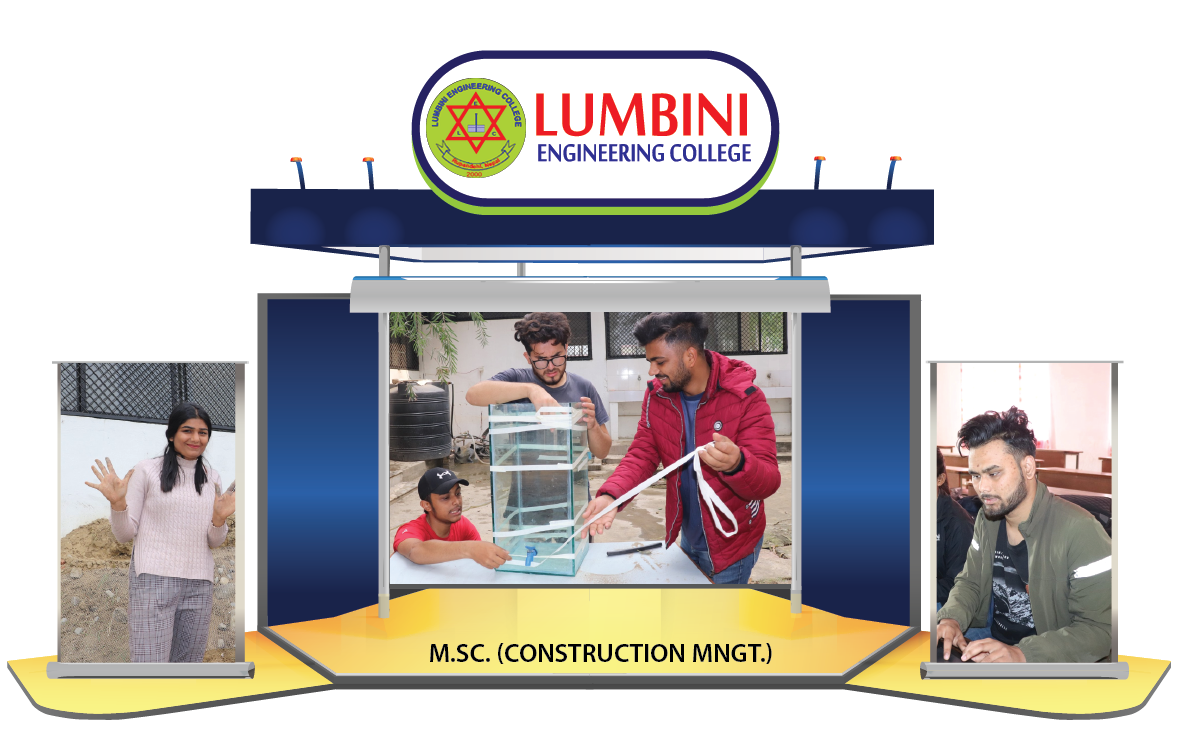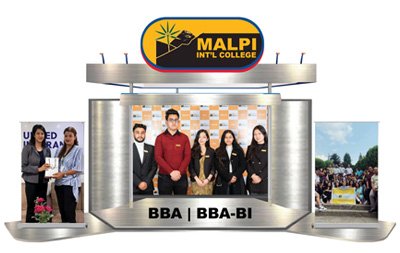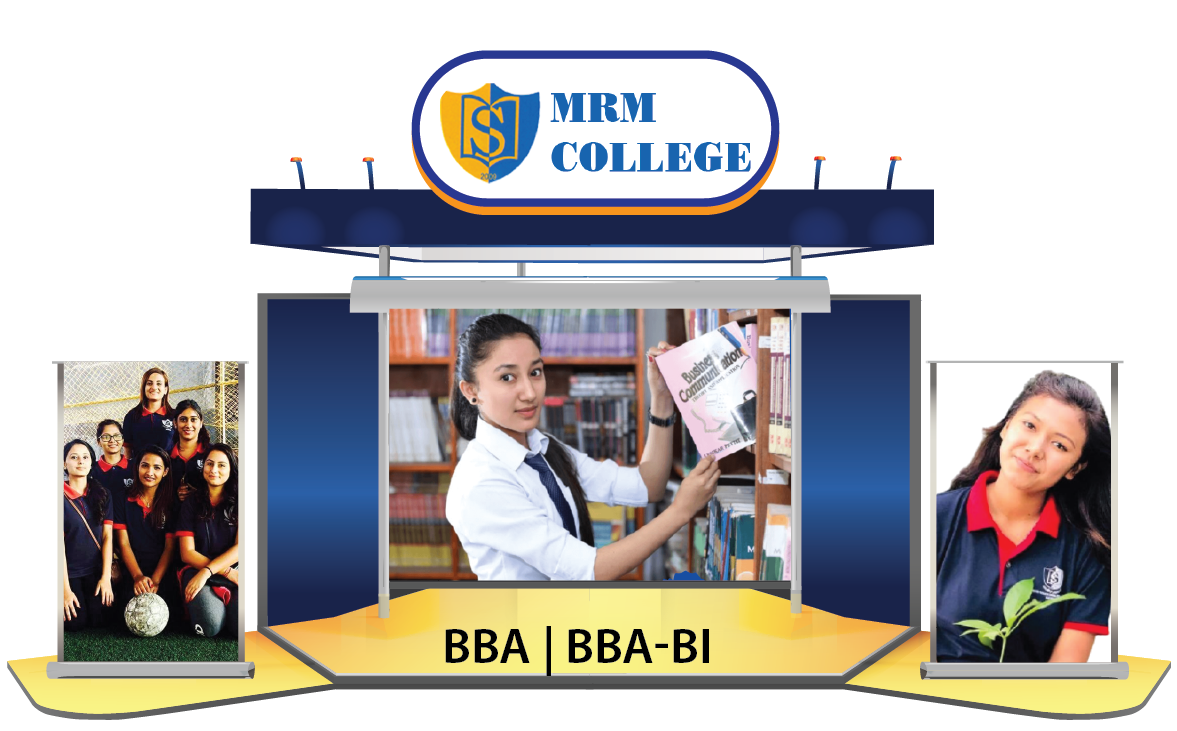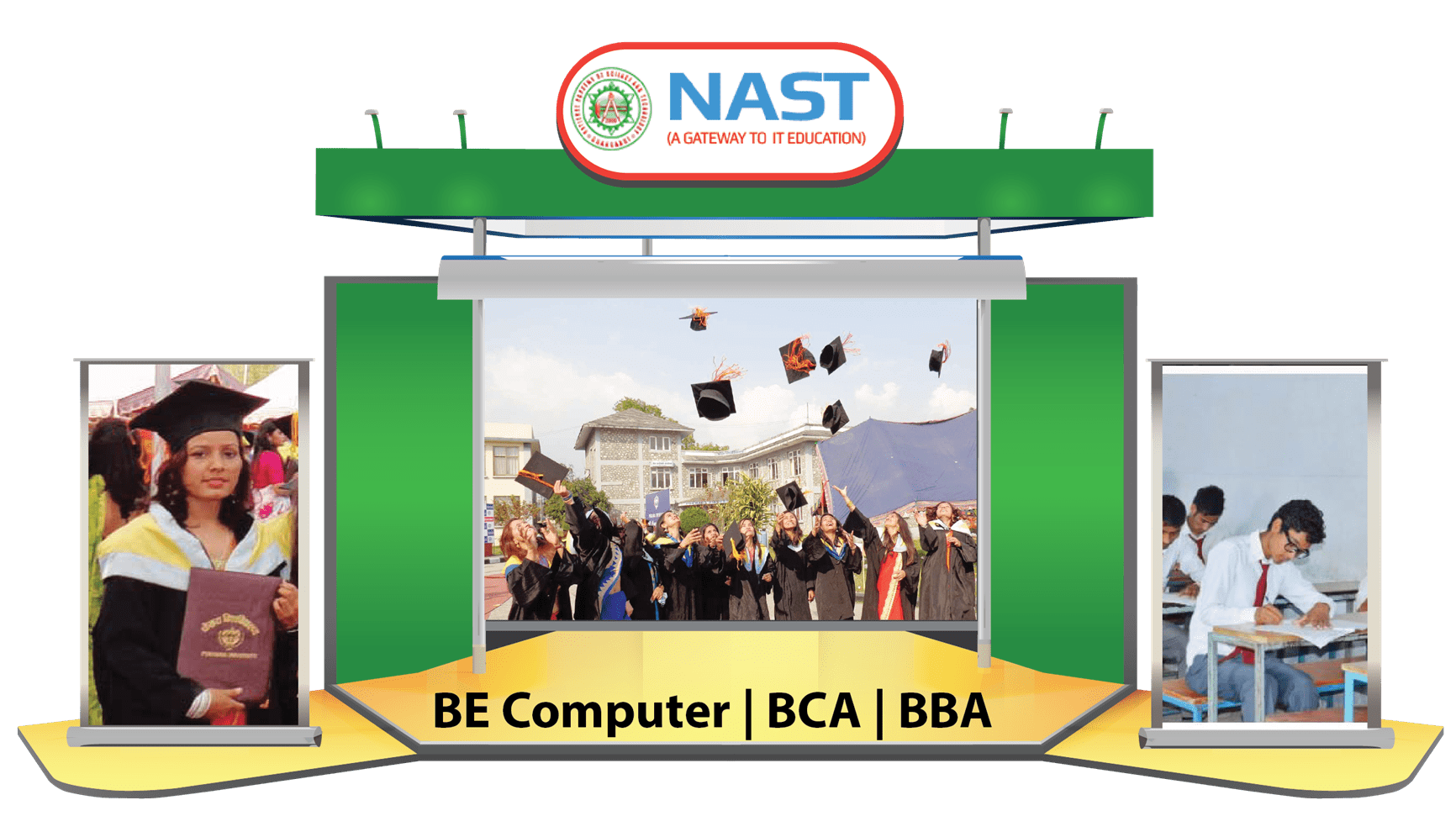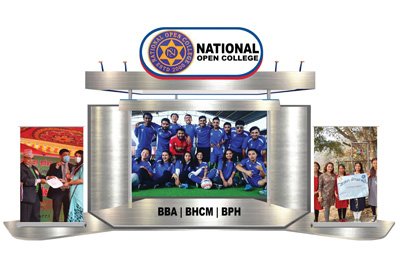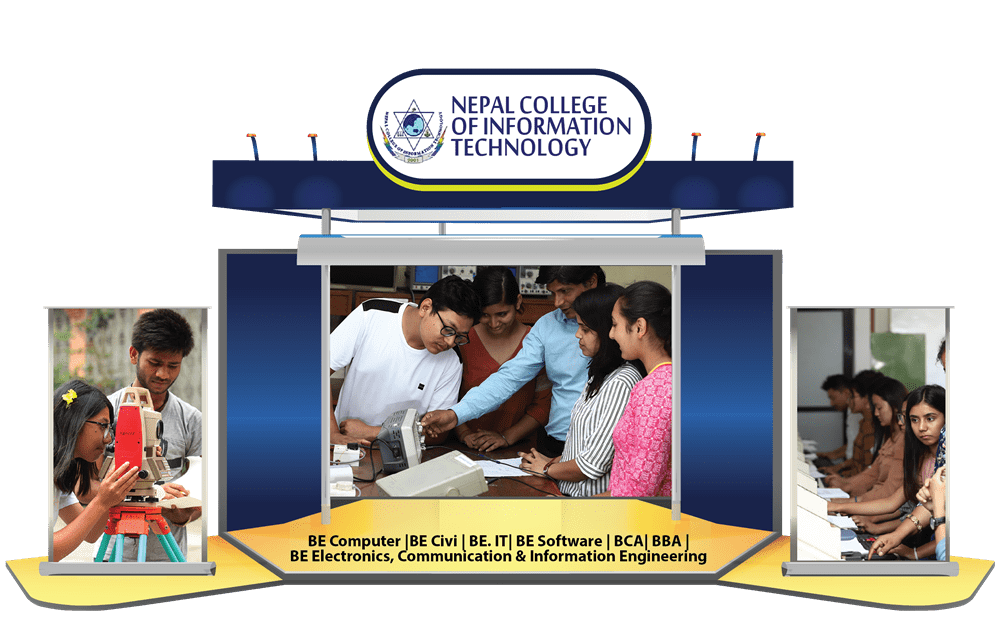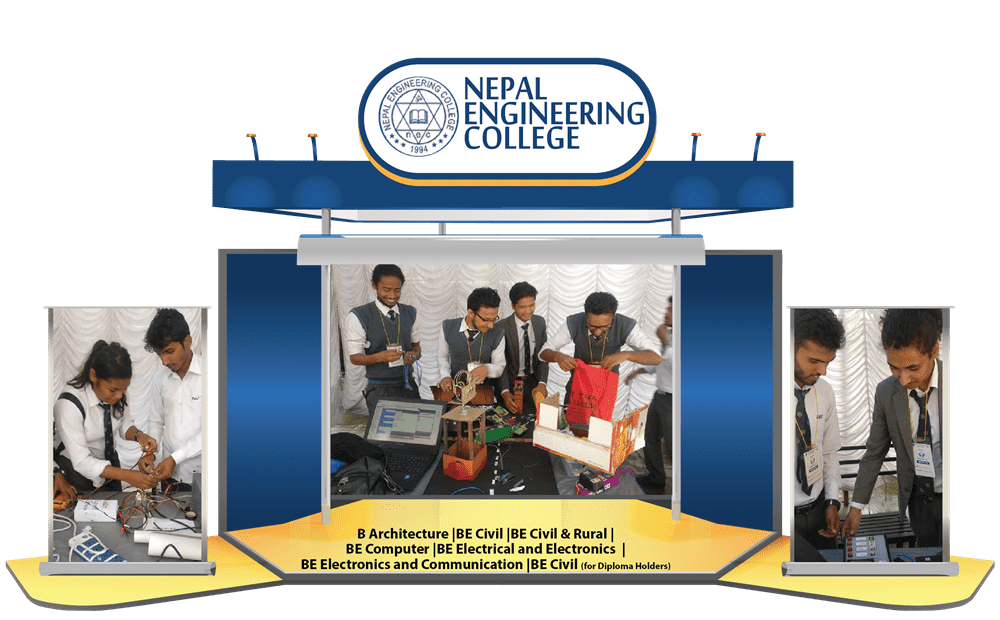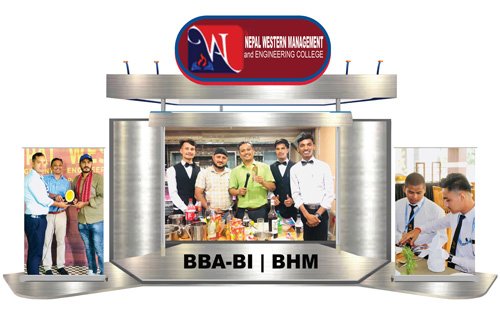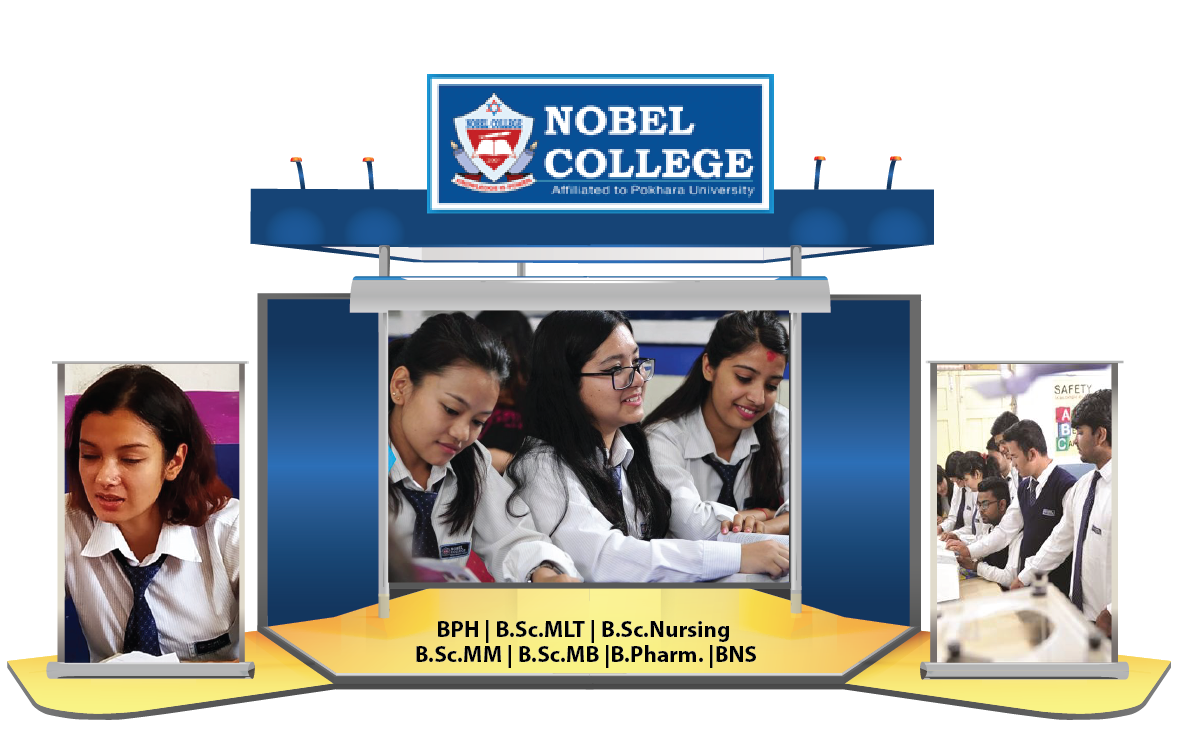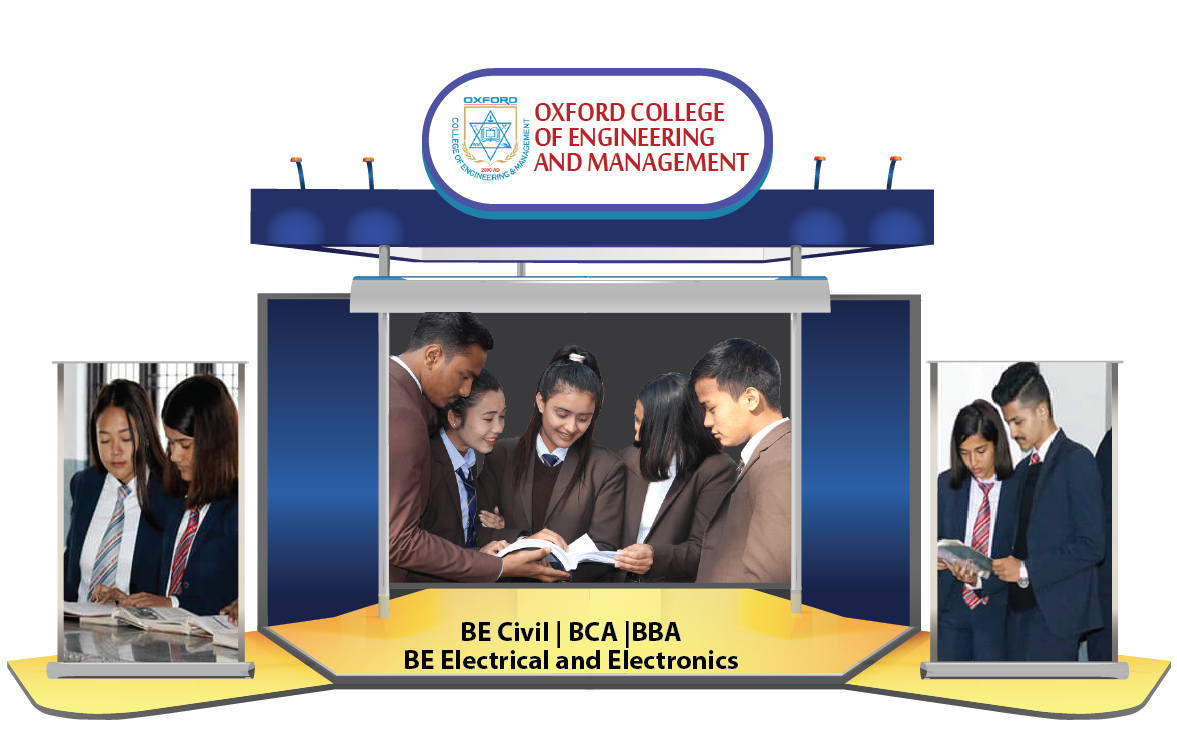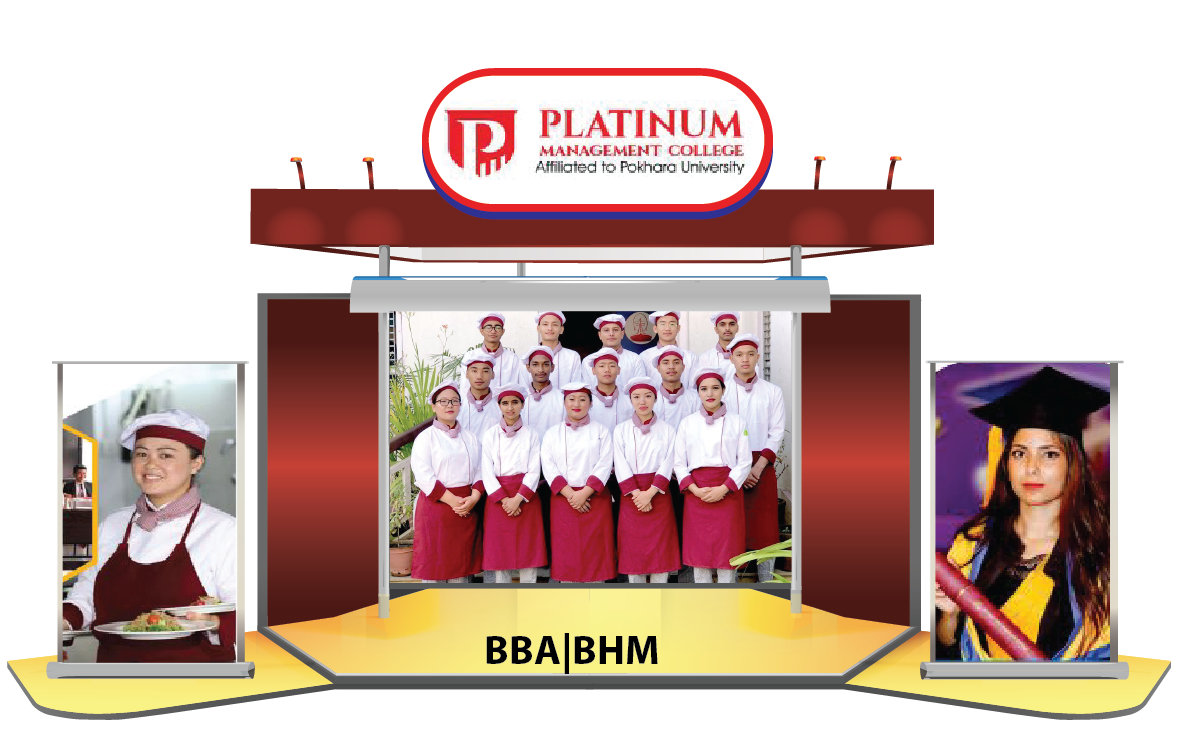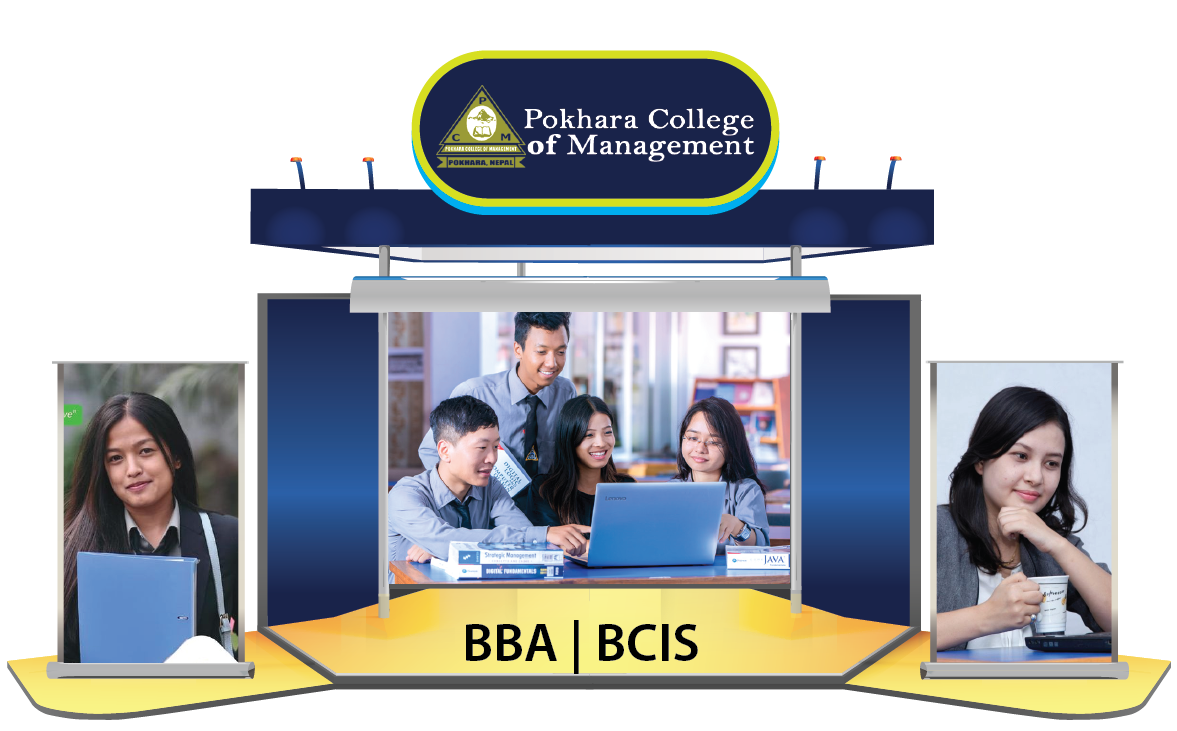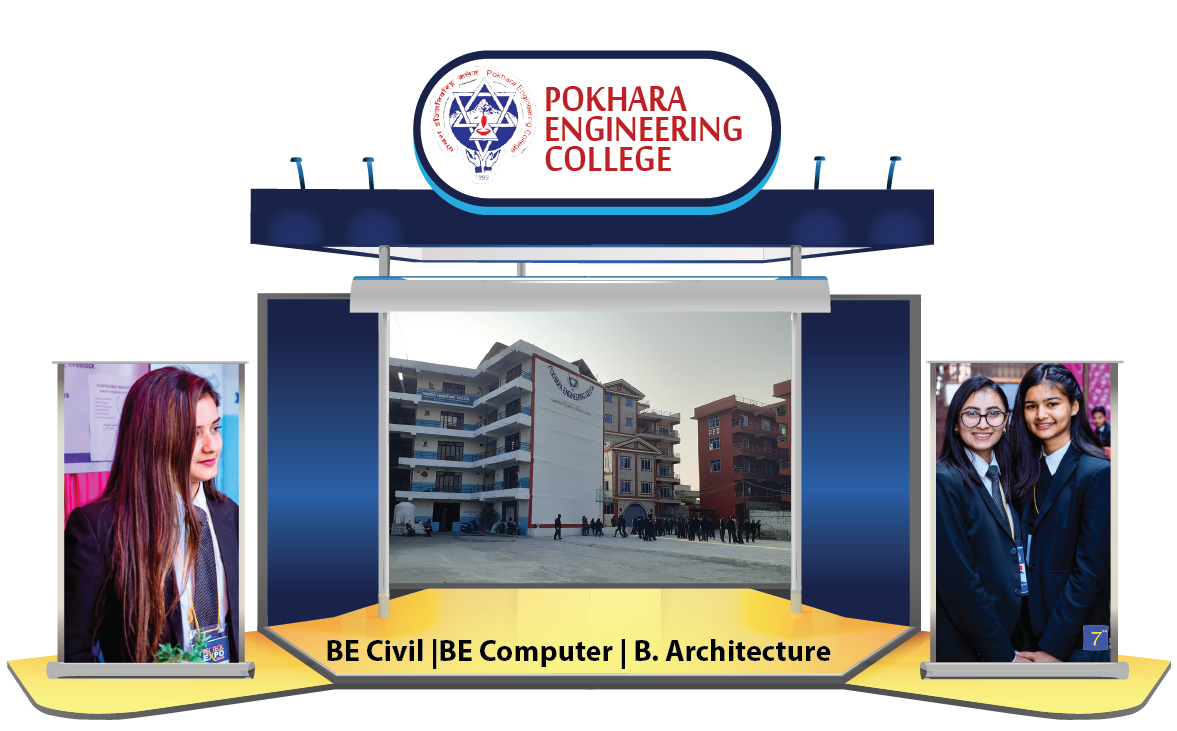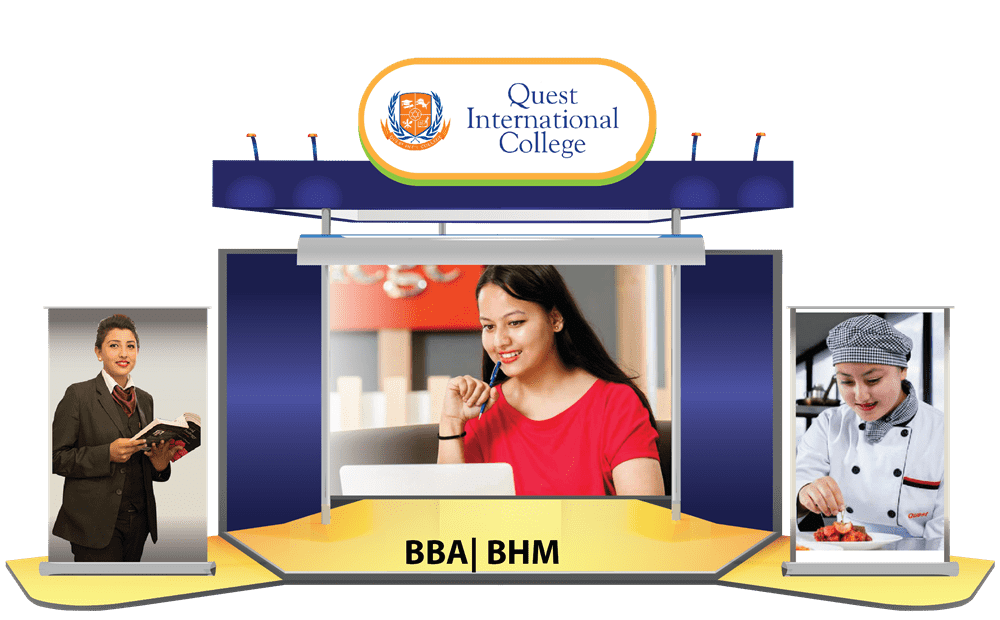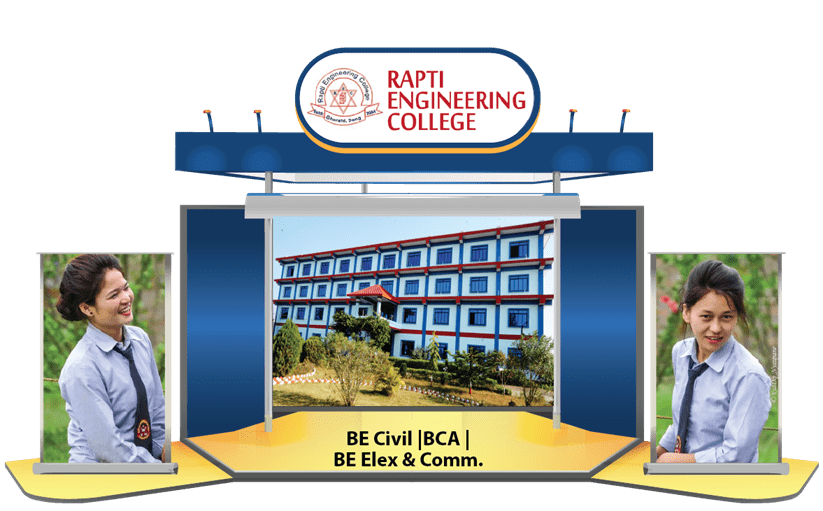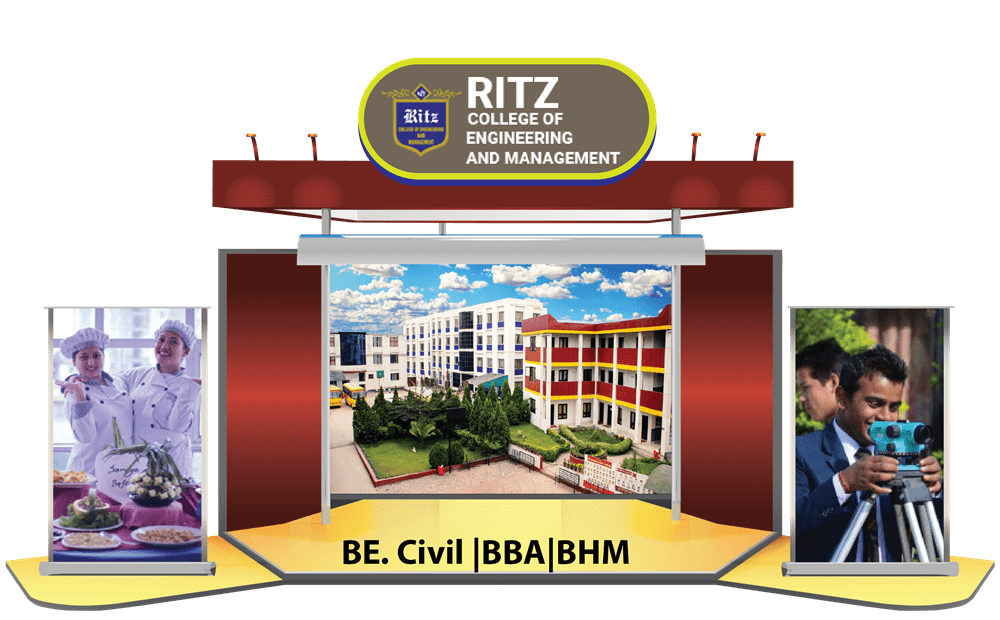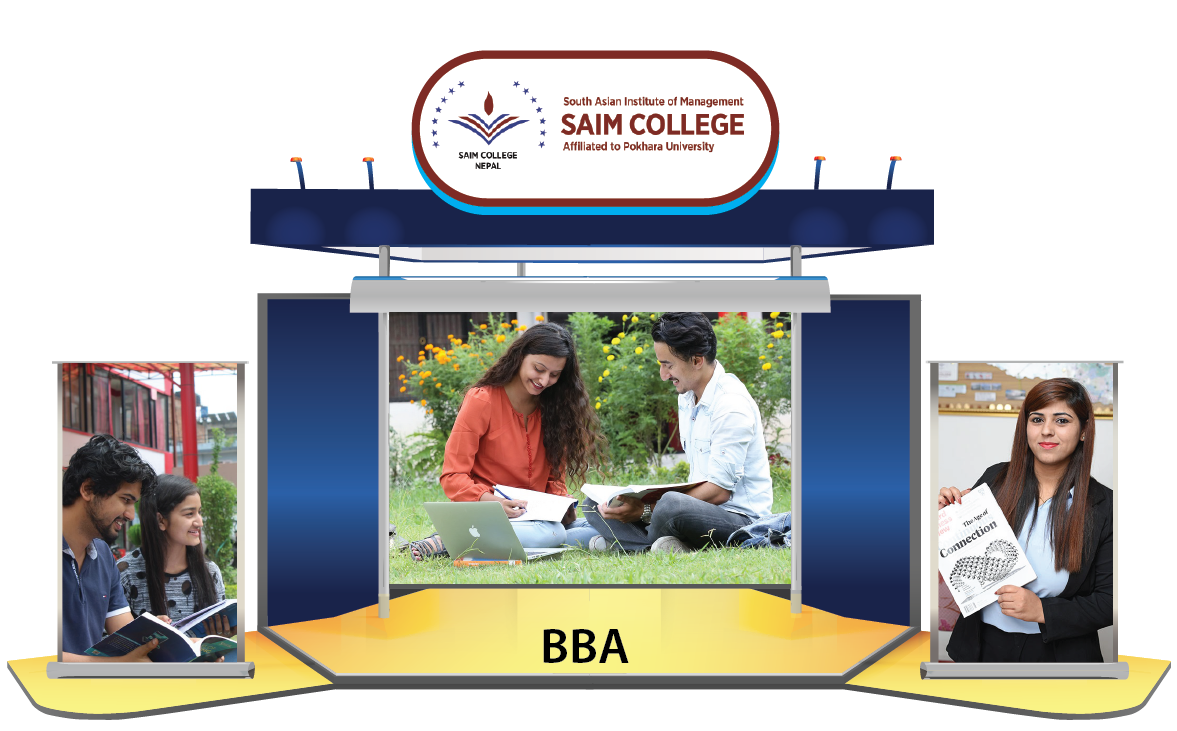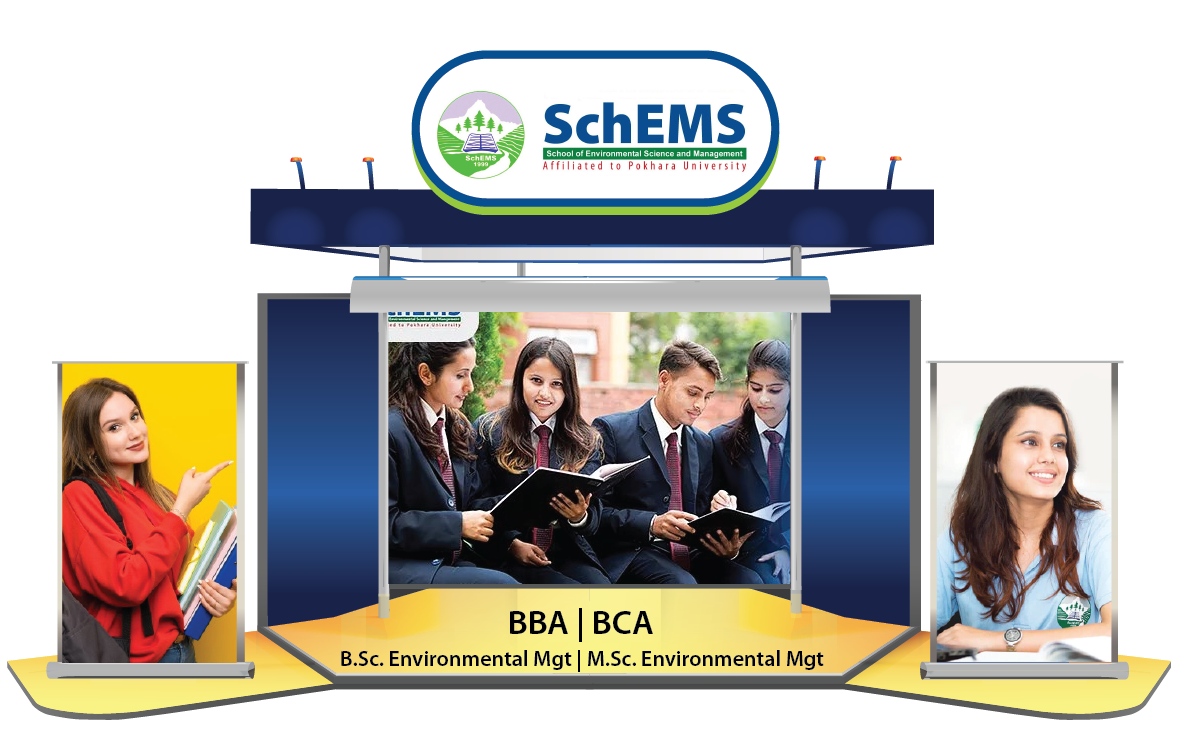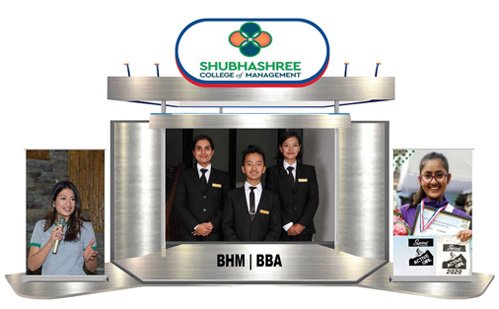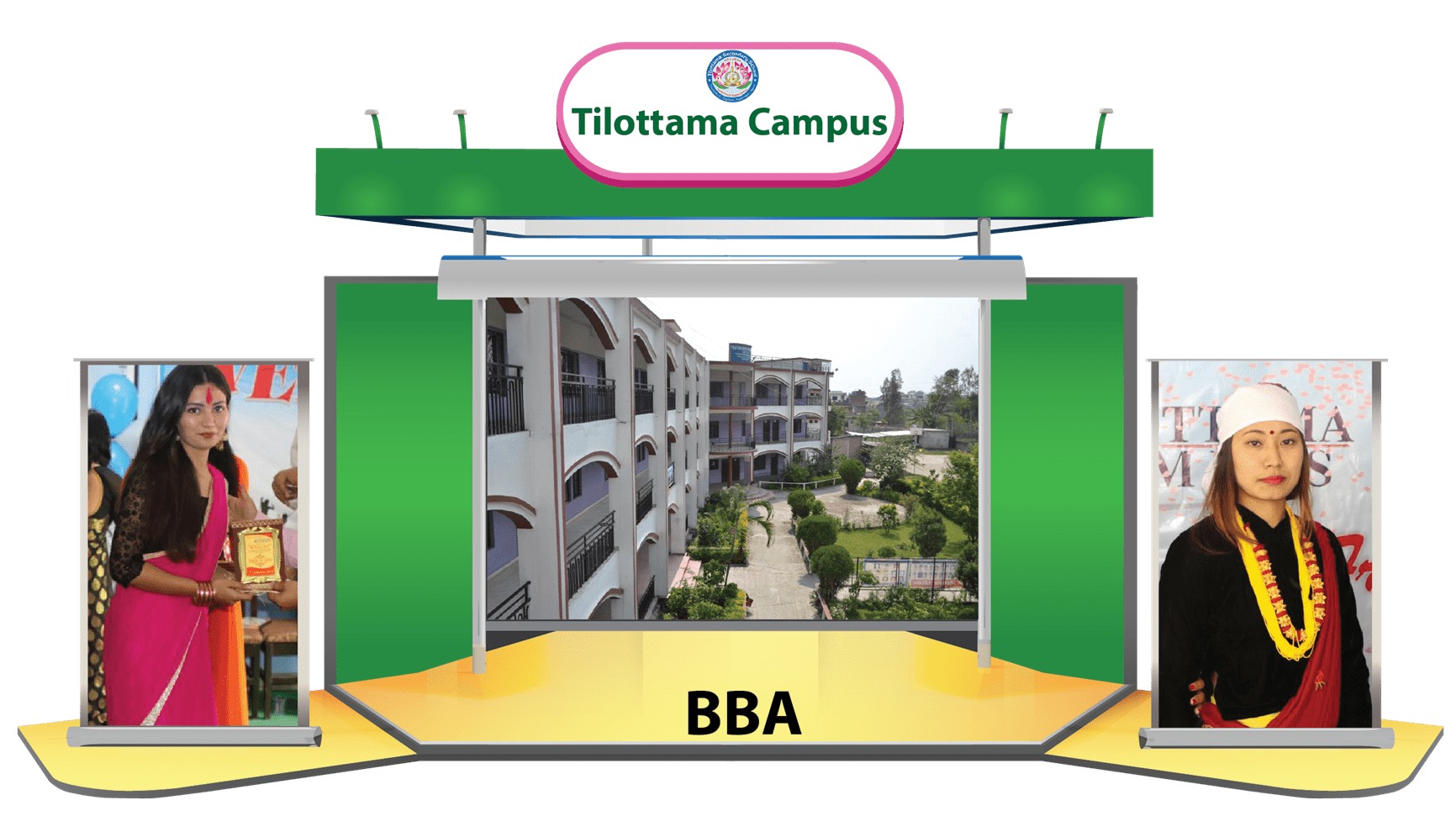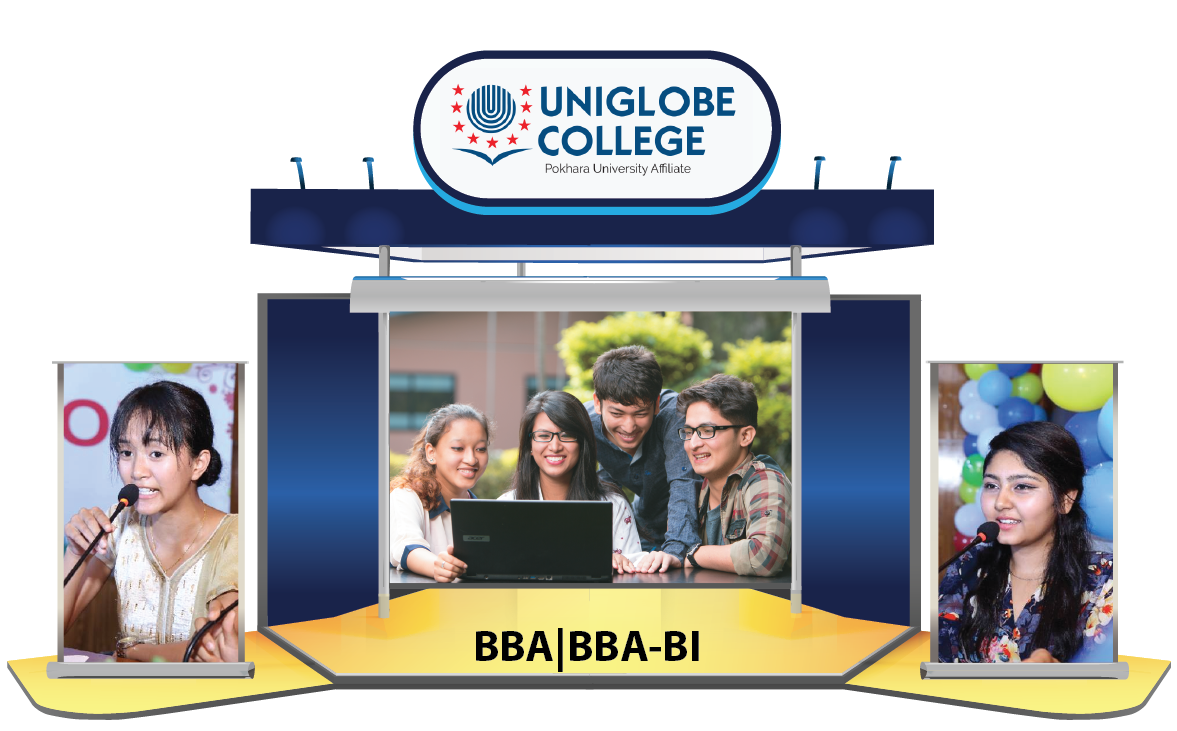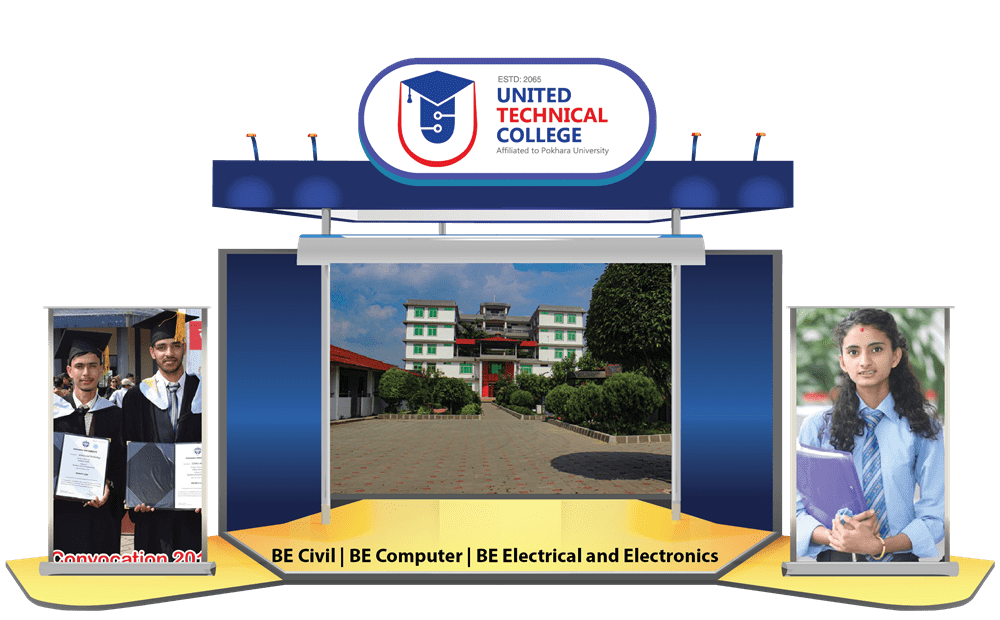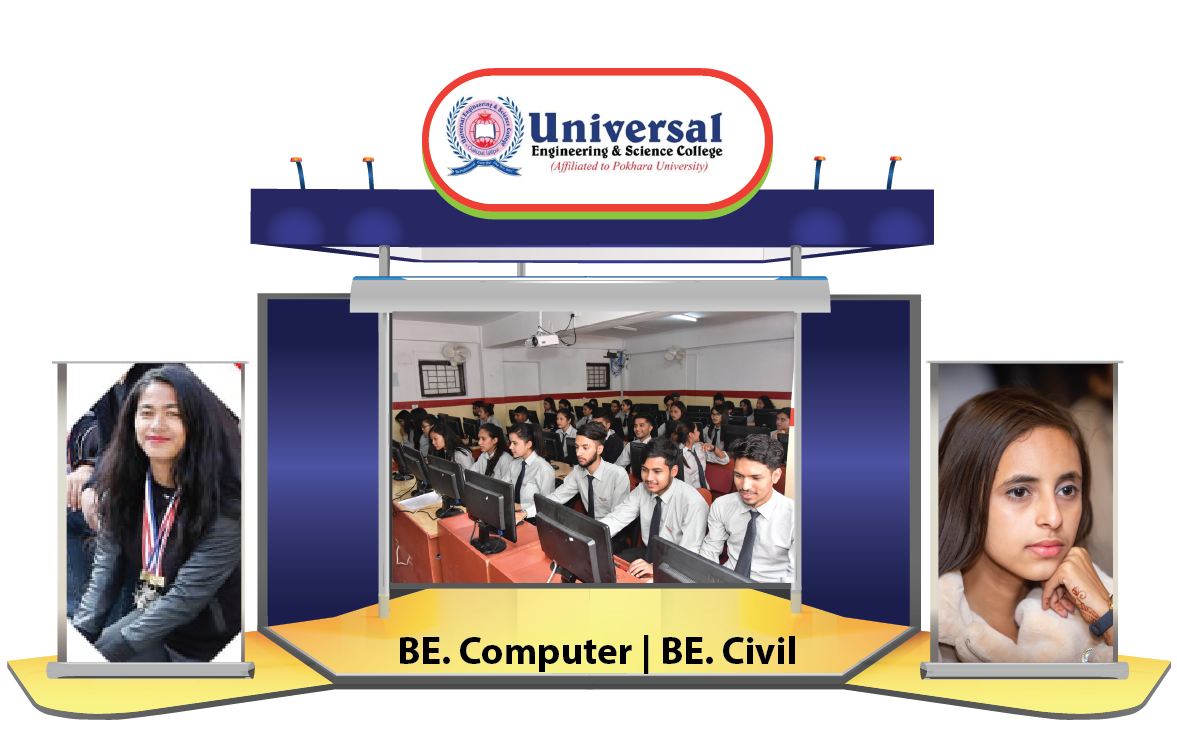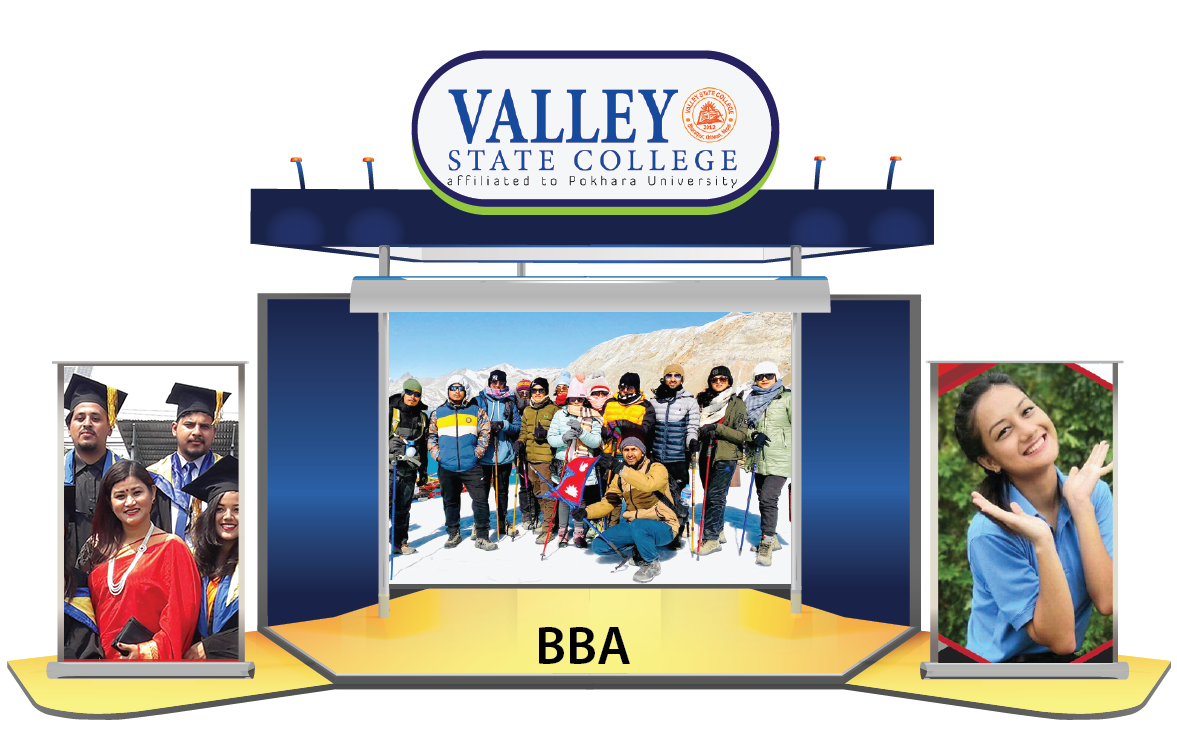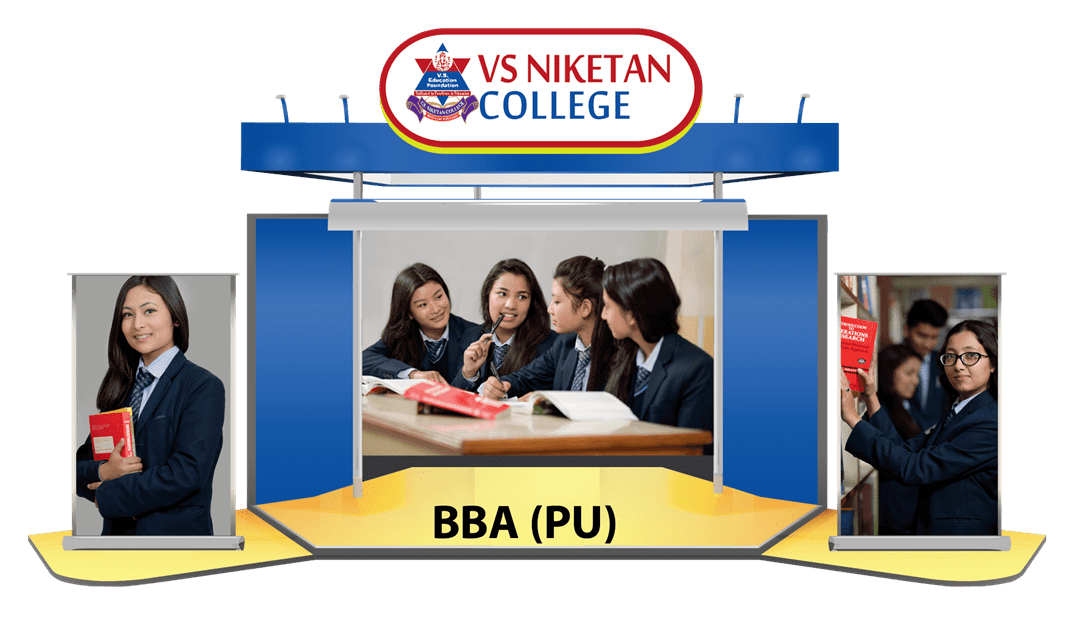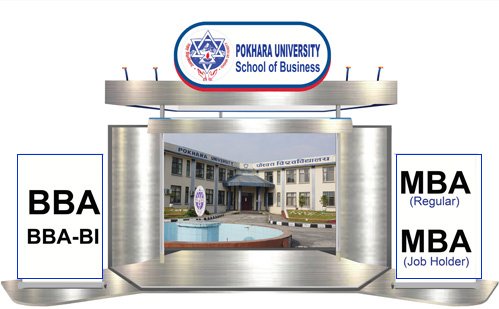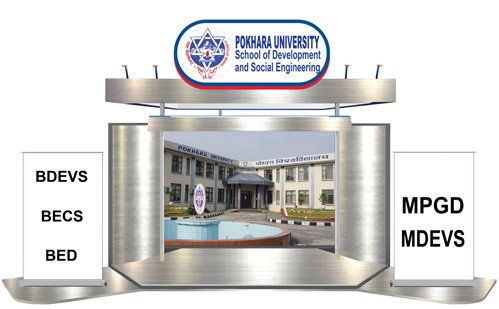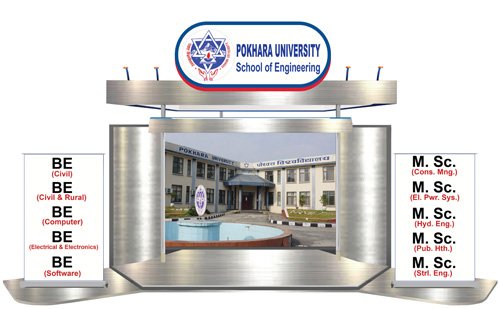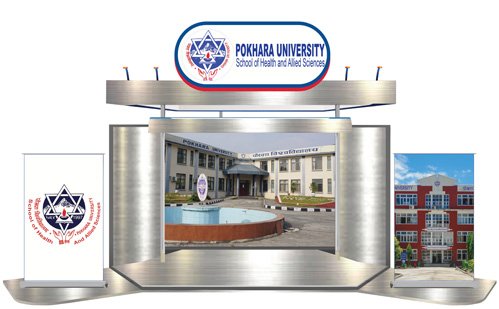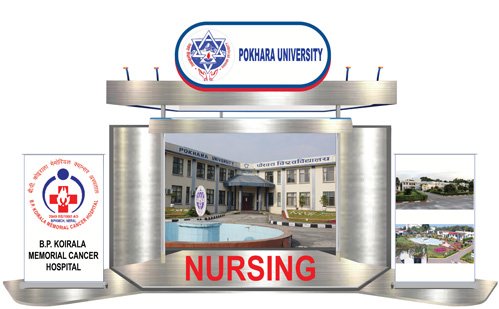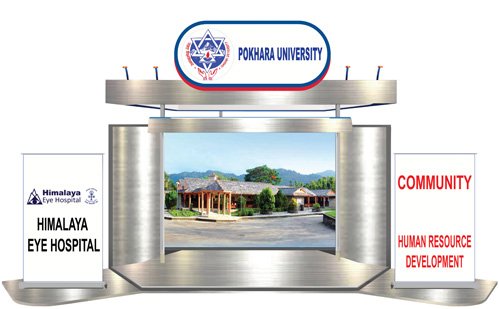About Us
Notices
Programs
Affiliated Colleges
Constituted Colleges
Joint-Constituted Colleges
Admissions
Bachelor Program
View ProgramsMasters Program
View ProgramsMPhil Program
View ProgramsPhD Program
View ProgramsExam Schedules
Results
News & Events
Our Courses
Meet Our Team
Advisory Board
Facilities
MEDIUM OF INSTRUCTION & EXAMINATION
Pokhara University has adopted English as the language of instruction and examination except stated otherwise.
ACADEMIC SCHEDULE
An academic year of the University consists of two semester of 16 weeks each. The fall semester starts in September and the spring semester in March. Fresh Admissions are normally made at the beginning of the fall semester.
PROCEDURE FOR ADMISSION
A notice inviting admission is publicly announced. the application forms and information brochures can be collected from the University office on payment of the assigned fee.
The concerned college scrutinizes the applications and invites the eligible candidates to take the entrance test, the date and time for the entrance test is informed to the prospective students by the college. The college may also interview the candidates for final selection for admission.
The candidates, who are given provisional admission, pending the submission of the qualifying certificates, will be required to submit their qualifying certificates within a month of admission. In case of default the admission may be cancelled.
NORMAL AND MAXIMUM DURATION OF STAY AT THE COLLEGE
The normal and the maximum duration for the completion of the requirements for the various programs are as follows:
| Nature of Program | Normal Duration | Maximum Duration |
| General Programs | 3/4Years (6/8 Semesters) | 6/8 Years (12/16 Semesters) |
| Technical Programs | 4/5 Years (8/10 Semesters) | 8/10 Years (16/20 Semesters) |
COURSE REGISTRATION
The Academic record of a student is maintained in terms of the courses he/she has registered in a semester ,and the grades he/she obtains in those courses. Registration for courses is done at the beginning of each semester. Since registration is a very important procedural part of the credit system, it is essential that all students present themselves for registration at the college. In case of illness or any emergency circumstances, he /she must inform the principal or head of the institution. Only in rare cases, the principal/director may allow registration in the candidates absence. The student’s nominee cannot register for the courses but may complete other formalities.
ADDITIONS AND WITHDRAWAL FROM COURSE
Students wishing to add or withdrawal a course or courses must to so by petitioning to the principal’s office in the first week of the semester. A student wishing to withdraw from the course should apply on the prescribed form within one month of the start of the semester. A full time student must register all the courses, offered in the concerned semester. However he/she is allowed to register additional three retake courses, but a final year student is allowed to register four additional courses and non-regular student is allowed to register 24 credit hour course.
SEMESTER WITHDRAWAL
A student may apply for withdrawal from the entire semester on medical grounds only. The Principal / Director will examine the application for semester withdrawal and take the appropriate decision. No partial withdrawal of the courses registered in a semester will be considered.
ADMISSION REQUIREMENTS
The student is expected to attend every lecture, tutorial, seminar and practical class. However, to accommodate for late registration ,sickness and other such contingencies, the total attendance has to be at least80% of the classes actually held. If the student is continuously absent from the college for more than four weeks without notifying the head of the institution, his/her name will be removed from the college rolls.
REPEATING A COURSE
A course may be taken only once for a grade, except when a student receives a failing grade. Since passing each course is an essential requirement to obtain a degree, the student must retake the course in which he/she has failed when it is offered by the college and must successfully complete it.
Within the maximum duration allowed for the program, a student may be allowed to retake a maximum of two passed courses in order to achieve a minimum CGPA of 2 in the under-graduate level and 3 in the graduate level. The grade(s) earned on the retake exam will be substituted for the previously earned grade(s) in the course’s).
EVALUATION SYSTEM
A student’s performance in a course is evaluated in two phases: a) internally by the concerned faculty member through quizzes, tutorials, lab works, home assignments, class tests, class participation, term papers, etc. and b) externally by the office of the controller of examinations through semester -end examinations. The student must pass both the internal and the external examinations separately.
The grades awarded to a student in a course are based on his/her consolidated performance in both these types of evaluations. The weight age given to internal evaluation is 50% for the undergraduate program, and 60% for the graduate program. Similarly, 50% weight age in undergraduate programs and 40% weight age in graduate programs are assigned to the end of the semester examinations.
We aim to expand the access to higher education and to establish mutually beneficial relationship with foreign institutions and organizations. To cope the need of technical manpower needed for industries we aspire to work hand in hand with national and international companies, industries and academic institutions. Unless and until we do not think of effective collaboration with such industries and academic institutions, the knowledge we impart to our student is insufficient as the technology today has advanced far ahead and to some extent beyond our expectation.
The joint work in the field of research, exchange of student and staff in either institutions or industries abroad leads to know the culture, and share the facts of new technology that is in practice. Consequently, this results in better understandings of globalization and social responsibility. The knowledge obtained which does not address the need and demand of the people and society is merely futile. The International Centre is/ has been established with the responsibility to initiate and implement international cooperation and coordination in academic and research activities between Pokhara University (PU) and other esteemed/acclaimed educational/cultural institutions, companies and industries around the globe.
In order to achieve better understanding and to explore the opportunities, the International Center is committed to:
- providing support for foreign students/scholars, faculties, researchers and other distinguished guests coming to carry out study, research and participating in seminar, conferences and other activities and assist them in obtaining suitable accommodations, airport pickup and coordinating in all other aspects of University life
- providing a conducive environment to international scholars, where they can come up with analytical solution to new problems and innovative findings as well
- creating national and international opportunities for PU students, faculties, and staff for study, research, teaching abroad, participation in training, seminar and conferences and ultimately broadening their learning horizons
- providing information regarding skilled and competent human resources available in the University, required for national and international institutions and organizations
- enhancing flexibility and freedom in academic program and thus promote/promoting the quality and standards of higher education
- assisting in creating and developing international institutional partnerships which are designed to augment the global scopes of both institutions and organizations.
E-mail: internationalrelation@pu.edu.np
TALENT CO-CREATION LAB
INNOTAL (Integrating Talent Development into Innovation Ecosystems in Higher Education) is one of the international Projects currently being run in PU, with a special emphasis on entrepreneurship and innovation.
The project aims to provide a platform, a space, to explore and practice entrepreneurship and innovation right from our college days.
For this a “Talent co-creation Lab” has been set up since January 2020.This lab is set-up for the students, and is moderated by the students to practice innovation. As a name goes “Talent co-creation” this is a space where talent is fostered together with the efforts from internal stakeholders, external stakeholders and from the students.
WHAT TCCL DOES?
- Offer training on Entrepreneurship and Innovation
- Offer training on Soft Skills
- Offer Internship/ Traineeship training/workshop
- Training on Academia-Industry Partnership
- Co-creates a space for internal stakeholders and external stakeholders in one common platform.
- Provides exposure to students’ built projects.
Talent Co-Creation Lab does all these to sensitize on Graduates’ Employability of all the four faculties of Pokhara University.
The space is “student–oriented” and is made technologically friendly as we have Laptops, tablets, color printers; we have a space to explore creativity; we’ve very experienced facilitators.
Now all TCCL seeks for is the active participation of students, and very especially the students from 7th and 8th semesters.
We have conducted some explorative sessions in the past which were facilitated by our very distinguished internal and external stakeholders; who have immense experience and knowledge.
Here are some of the highlights from the past sessions:
ACTIVITIES:
- 1) An insightful session on “Internship opportunities in New Normal” was successfully conducted on 20th March, 2021. In this session we focused on topics like:
- # Create and Sustain Competitive Advantage
- # Best Practices in Industry
- # Internship Opportunities Abroad in New Normal
2) “Redrawing Women Entrepreneurship in Tourism”. This session was successfully conducted on March 27, 2021.
Focused topics:
- # Enhancing Entrepreneurship status of women in New Normal
- # Women Entrepreneurship in Tourism,
- # Prospects and Challenges of Tourism in New Normal
3) On 3rd April, 2021 we organized the third episode named “Creative Discourse on Software Development” with the aim to support entrepreneurship and innovation.
In this session a Student built project was discussed.
Mr. Bikram Parajuli (who is also a member of Students’ Volunteering Team) on behalf of “Code Kavya” along with his other team members, pitched his project idea (which he is currently working on).
It is about a development of a software; a mobile app which provides to access notices, information of different clubs in Pokhara University, information on colleges (both central and affiliated), contact resources and many more.
Therefore, through this app, information of Pokhara University will be delivered to the students efficiently. The work is on progress and I myself as a student of Pokhara University, I am very excited use it.
4) “Innovative Waste Management & Water Resource Strategies” was successfully conducted on 7 April, 2021.
Focused topics:
- # The potential environmental impacts from the generation of waste.
- # Appropriate waste handling and disposal measures.
- # Water resource management strategies
- # Lake recovery and enhancement strategies.
- # Waste collection strategies.
5) On 18 September, 2021, a much awaited and insightful program – ‘Exchanging Opportunities for students with External Partners’ was conducted successfully in the presence external stakeholders and respected dignitaries from Pokhara University. The program was chaired by Dr. Daya Raj Dhakal, Dean of Faculty of Management Studies, Pokhara University.
6) Similarly, Internal Stakeholders Meet was successfully conducted on 2nd October, 2021.
The sessions have really been fruit so far.As the saying goes, “The journey of thousand miles begins with a single step”.Similarly, we have just begun, we have milestones to achieve.
We shall be conducting different activities and competitions in the days to come in collaboration with internal and external stakeholders; all in an effort to foster innovations with a two year action plan.

